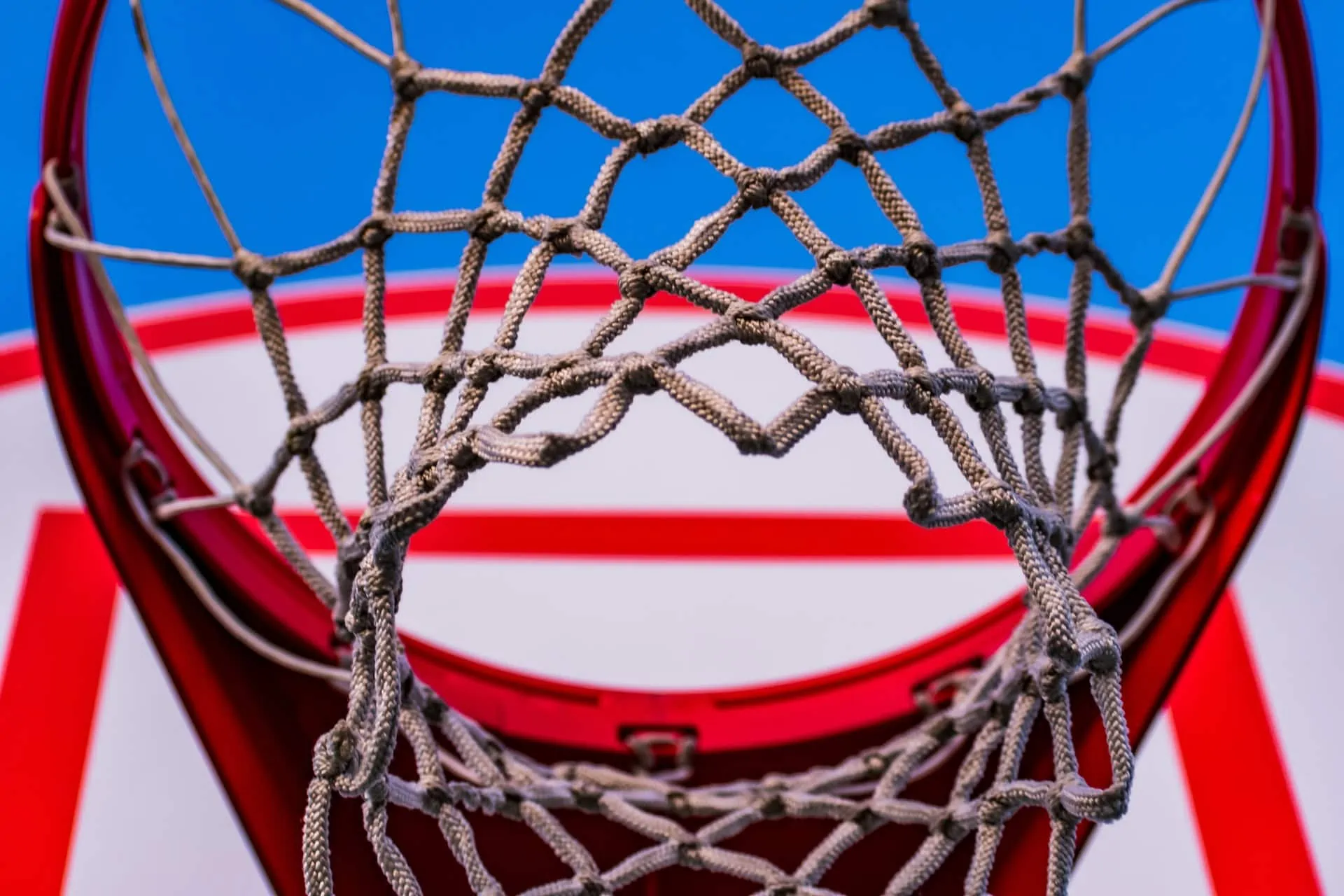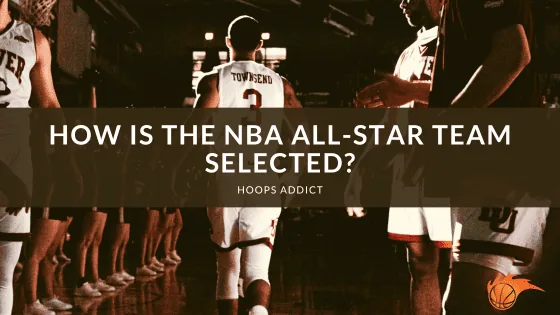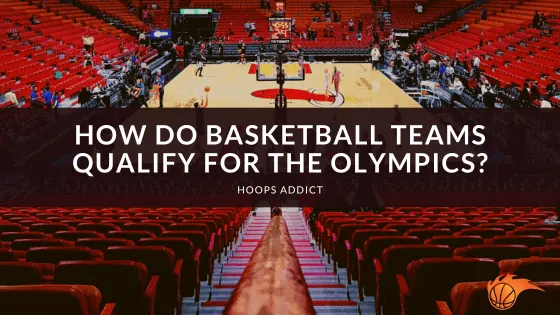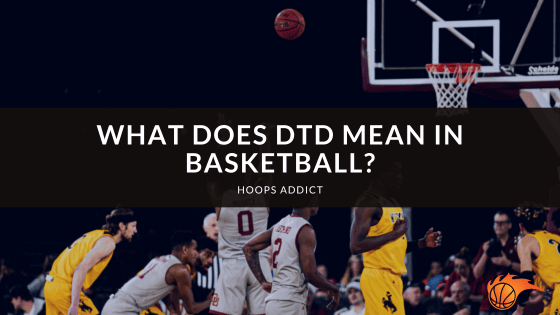Is college required for NBA players? That is a question that may be brewing in the minds of many young basketball players right now. They want to know if they must go to college to be drafted into the NBA. Unfortunately, the answer is not simple, and it depends on the player’s situation. In this blog post, we will discuss the pros and cons of going to college for players who are thinking about entering the NBA Draft.
 Do You Need a Degree to Play the NBA?
Do You Need a Degree to Play the NBA?
So, do you have to go to college to play in the NBA? First and foremost, let’s get one thing clear right off the bat. Being an NBA player does not require a college degree. There have been many players who have entered the NBA Draft without going to college at all.
However, there are several reasons why some players choose to go to college before entering the NBA Draft. The first reason is that they want to improve their skills. College basketball is a higher level of competition than high school basketball, and it can help players improve their skills and prepare them for the NBA.
Another reason some players choose to go to college is that they want to get a degree. In addition, a degree can be helpful if you want to pursue a career after your playing days are over.
Some players go to college because they are not ready for the NBA lifestyle. The NBA is a very competitive environment; it can be tough to adjust to if you’re not prepared for it. However, college can help you mature and develop as a person, making the transition to the NBA much easier.
 What are NBA Eligibility Rules?
What are NBA Eligibility Rules?
In the past, players were automatically eligible for the draft if they had graduated from high school. Exceptional high school players such as Kobe Bryant, Kevin Garnett, and LeBron James have all made the jump directly to the pros successfully. However, in 2006, the league instituted some new NBA draft eligibility rules which was fans and stakeholders now call the “One-and-Done” rule. This rule stipulates that players need to be at least 19 years old and one year removed from high school before entering the draft.
Former commissioner David Stern, the NBA executive who installed the controversial rule, says that the One-and-Done gives teams more time to assess whether a player has the maturity to adapt to the life of a professional basketball player. It also prevents teams from risking their draft picks on high schoolers who may not be ready for the NBA lifestyle. This comes at the throes of players like Kwame Brown, Eddy Curry, Darius Miles, and other promising high school players drafted early who may have lacked maturity or when they got to the NBA which prevented them from reaching their full-potential as basketball players.
In fact, the youngest NBA player ever drafted was Andrew Bynum who was drafted at just 17 years old in 2005 just before the new rule was applied. While initially, there were sparks of greatness in the teenager, it became evident that did not have the maturity to work on his game which led to diminished playing time at the latter part of his career.
As a result of the One-and-Done rule, many players now choose to go to college for at least one year before declaring for the draft. Others, on the other hand, choose to either go overseas to play in professional leagues that allow players younger than 19 or to the NBA G-League, where they can play with NBA-caliber semi-pros for one year before declaring for draft eligibility. Either way, you’ll still get to have some visibility for scouts.
The One-and-Done rule has had a significant impact on the college game. It has made the college basketball season more exciting because more star 5-star recruits choose to go to college instead of jumping directly to the big league. Just imagine if Kobe Bryant had played in college!
However, the rule is not without its critics. Some players lament that the choice to jump from high school to professional leagues should be in their hands, not the NBA’s. In some cases, high school players don’t have the resources or the grades needed to get to the collegiate ranks making it harder for them to get scouted.
Even some NCAA coaches argue that the unpredictability of their rosters hurt collegiate basketball. While today’s top-tier talent often takes the college route into the NBA, they’re not sure if they’ll stay long enough to impact the team.
 Which NBA Players Don’t Have a College Degree?
Which NBA Players Don’t Have a College Degree?
One of the reasons many players want to go pro straight out of high school is that they want to earn an NBA salary as soon as possible. For outstanding players, the salary can go up to $8 million in the first year if they are the number one overall pick in the draft. After that, even the rookie minimum is quite large at $1 million for later draft picks. And the league minimum gets larger after every season for an NBA player.
So, it’s easy to think that most NBA players already in the league would no longer be interested in pursuing a college degree. These salaries are enough to build a nest egg in the United States in just a couple of seasons of playing in the NBA. However, many NBA players understand that there’s life after basketball and choose to pursue a college in a field of their interest in the off-season while they’re still in the league. Others decide to take college after retirement.
Most recently, JR Smith, one of the last high school players to jump into the NBA in 2004, was in the headlines as he reportedly maintains a 4.0 GPA at North Carolina A&T State University. He was even named the school’s Academic Athlete of the Year. Smith goes to show that NBA players are also outstanding beyond the basketball courts. The league’s most respected point guard, Chris Paul, on the other hand, is pursuing a communications degree at Winston-Salem State University during the off-season.
But, if there’s one superstar who has shone on both the NBA courts and in the classroom, it must be Shaquille O’Neal. He earned a college degree while still playing, and once he retired, he attained a doctorate in education.
However, there are quite a few NBA players without a college degree. They are:
Retired
- *Kobe Bryant (attended some college classes but decided not to pursue a degree)
- Kevin Garnett
Active
- *LeBron James (plans to pursue a degree later in life)
- Jalen Green (G-League)
- LaMelo Ball (International)
- Dwight Howard (High School)
Wrapping Things Up: Is College Required for NBA Players?
The short answer is no. The wording in David Stern’s One-and-Done rule provides some avenues for potential NBA players to skip college altogether. However, most would still have to go the G-League or international route.
The rule has significantly impacted not just the college game but also how potential NBA players are evaluated. College allows players to improve their skills and be scouted more efficiently by NBA teams.
It’s worth noting that some of the league’s biggest names have found success without attending college. However, most of today’s NBA players did go to college, and the trend doesn’t seem to be slowing down anytime soon.
So what’s the best route for aspiring NBA players? It depends on the individual player and what their priorities are. But as it stands, going to college still seems to be the best option for most players.

 Do You Need a Degree to Play the NBA?
Do You Need a Degree to Play the NBA? What are NBA Eligibility Rules?
What are NBA Eligibility Rules?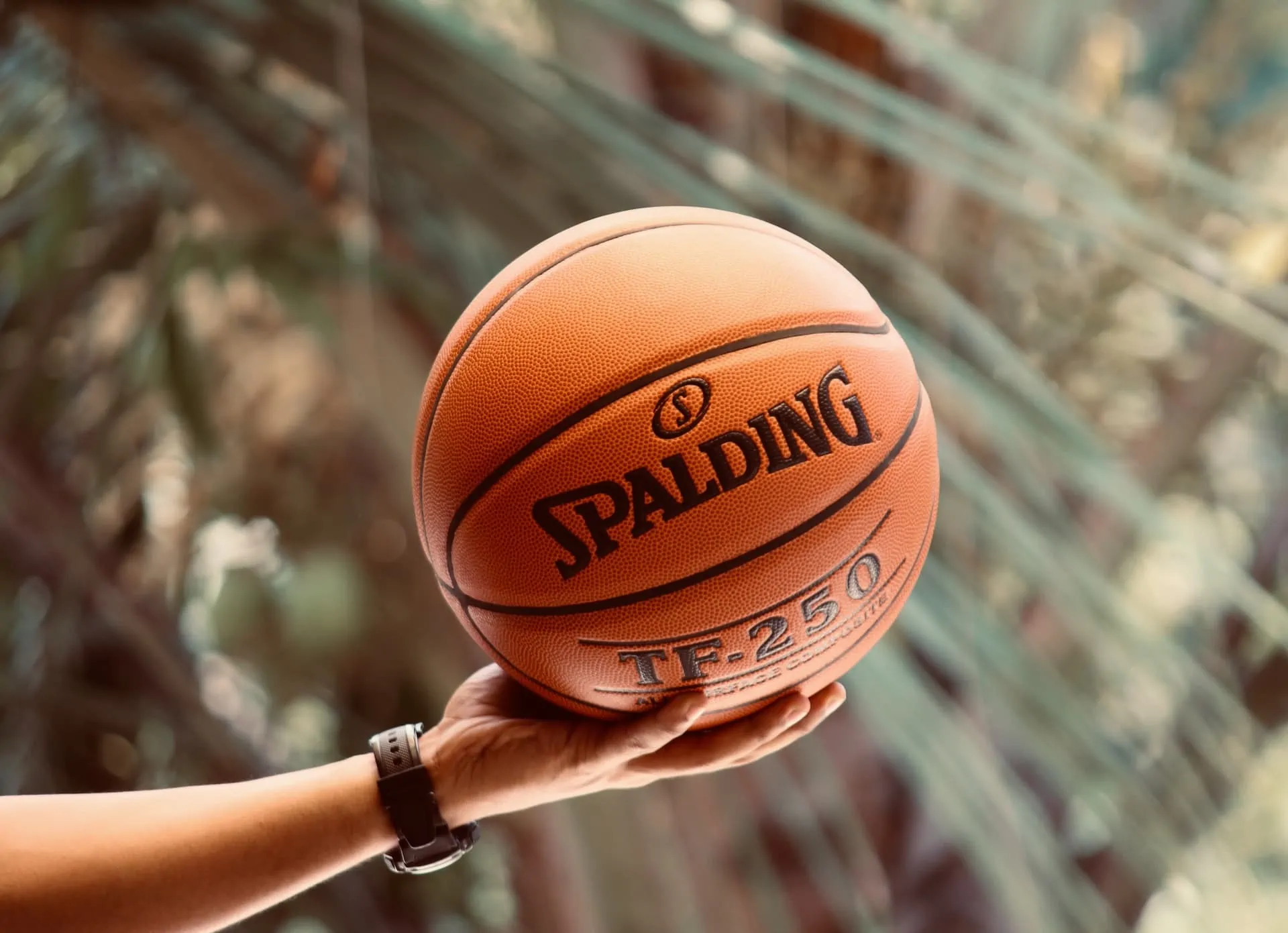
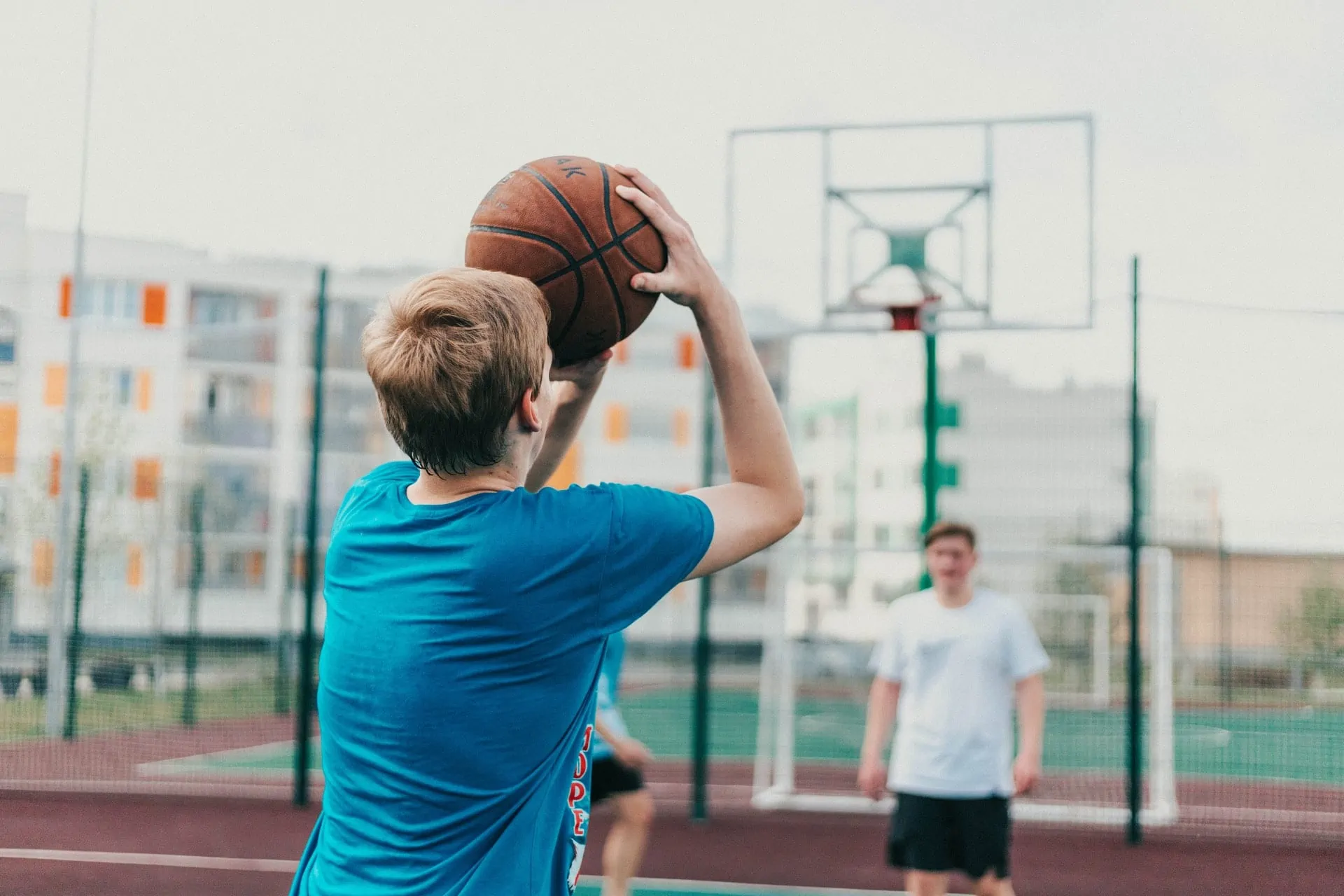
 Which NBA Players Don’t Have a College Degree?
Which NBA Players Don’t Have a College Degree?